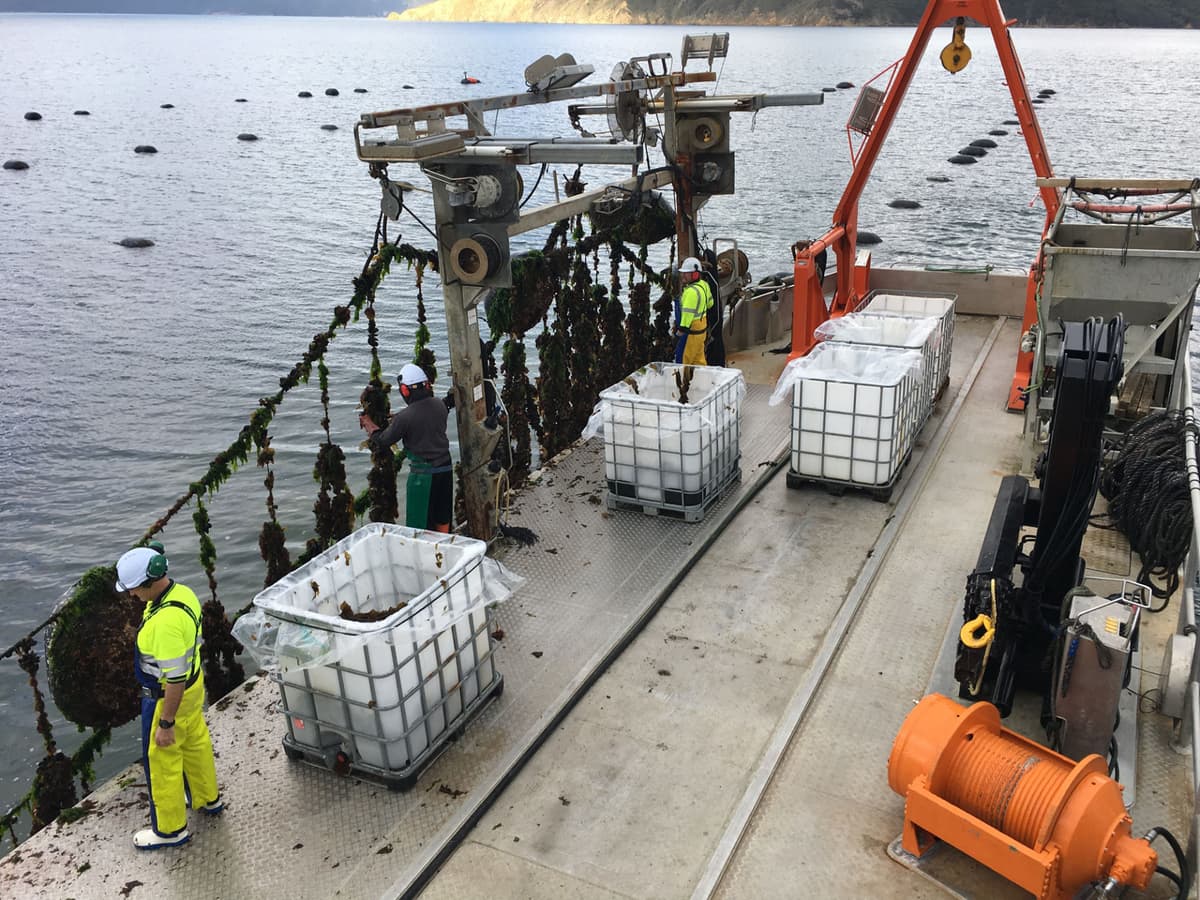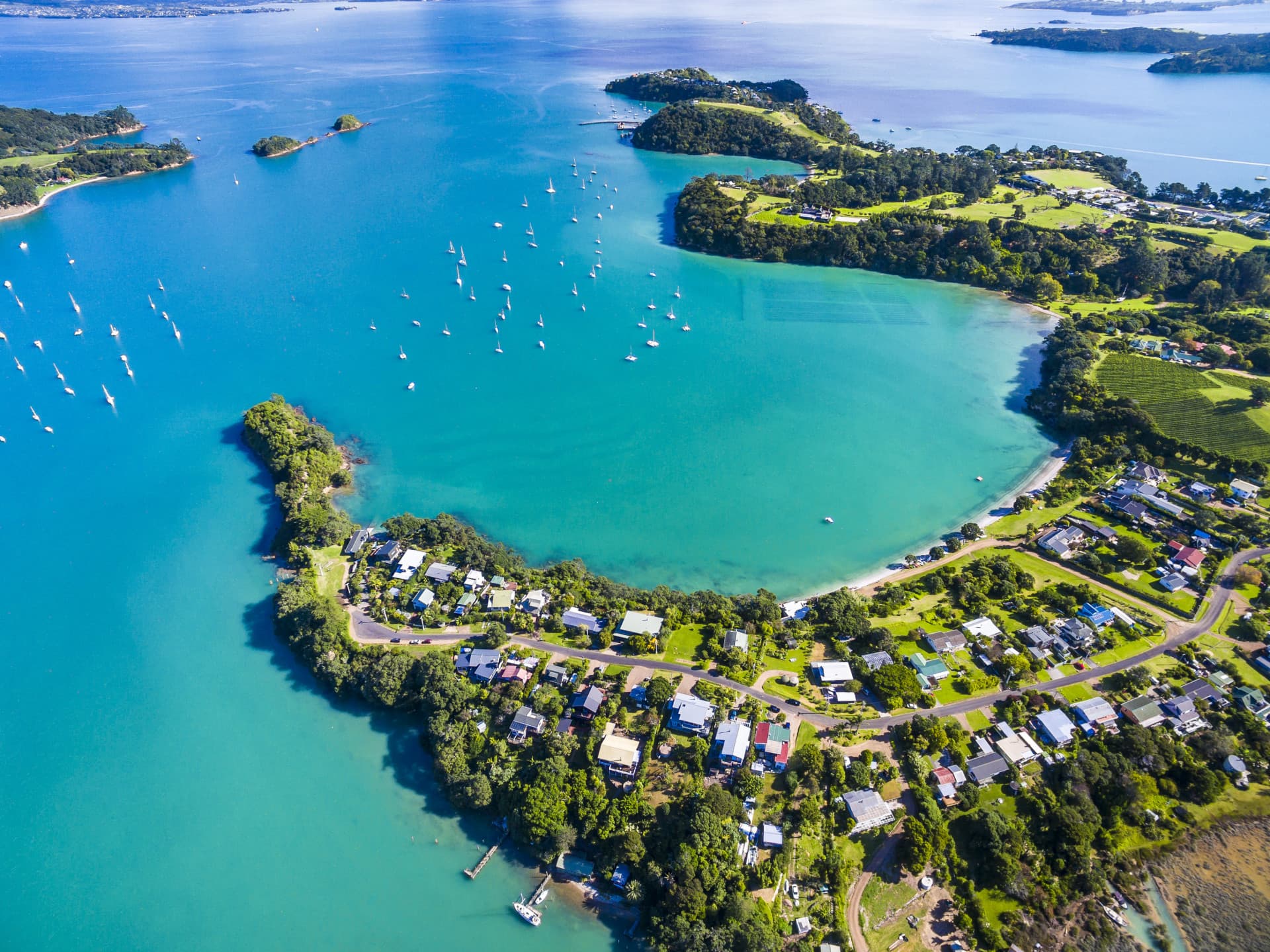Related projects & activities


Lewis N, Le Heron R, Hikuroa D, Le Heron E, Davies K, FitzHerbert S, James G, Wynd D, McLellan G, Dowell A, Petersen I, Barrett J, Sharp E, Ribeiro B, Catley S, Baldoni M and Le Heron K. (2020).
This report presents the findings of the Creating value from a blue economy project, which developed the ideas of blue economy, extended the understanding of marine economy in Aotearoa New Zealand, and disrupted the established view of economy.
This project took up the National Science Challenge mandate to disrupt business as usual. It scoped out what it would take to transition to a truly blue economy that will put New Zealand at the forefront of global change.
The information gathered, observations made, and insights drawn demonstrate that:
In short, the project demonstrates that Aotearoa New Zealand has the potential to generate a unique and world leading blue economy that generates national income gains through a focus on livelihoods, community values and ecosystem health. To succeed, these goals need to be understood as fundamental rather than as limits to growth. Success will secure sustainable seas for multiple generations to come.
To achieve this outcome will require altered practice and management from investment and entrepreneurialism to routine production and resource management practices, and to altered public values and consumer behaviour. It will also require altered management and governance regimes, which will need to be fully integrated into a fundamental rethinking of the economy, its potential and its purpose.
Aotearoa New Zealand will need to:
These are radical means to achieve ambitious goals at a time when the world requires (and is demanding) a sea-change in marine economy. Aotearoa New Zealand is uniquely placed to lead the charge, has a responsibility to do so, and will be a winner if it succeeds. The triadic pressures of climate change, Covid-19 epidemic and geopolitical upheaval will change the world, New Zealand’s place in it, and our economic opportunity sets. The potential gains for the nation of doing blue economy well are beyond measure.
These findings pose hard questions which pivot around who should be allowed to shape and drive blue economy futures and for whom, and what it will take to ensure that they can. The research does not answer all the questions it poses, but it does identify strategies, frameworks, and processes that will.
The research frames the fundamental economic questions facing Aotearoa as political: access to aquaculture space for growth, science spending to support blue tech, commitments to distinctiveness and value-added products, and commitments to high value tourism and indigenising environmental management and economic activity. It identifies levers that promise to put transitions in motion.
The conceptualisation of economy developed in this report will be unfamiliar, but the emphasis it places on economy should reassure business interests and related stakeholders that economy remains central to questions of local and global futures.
Imagining the possibilities of a BE is not an abstract intellectual exercise; it is an economic imperative for a country increasingly dependent on marine and coastal resources for income and environmental safety. Transitioning to a blue economy is essential but will not happen by itself. And it needs to be brought about by a new alliance of interests and commitments to collective benefits, which will involve existing metrics of economic success but reframed within and accountable to wider ecological, cultural and social metrics.
Utilising marine resources is about more than growth per se and sustainable futures must be about more than growth within limits. The economy that delivers them must be understood as more than an external object of ‘management’ the boundaries of which are defined by outmoded measurement regimes. Rather economic success is a question of kaitiakitanga.
The report will argue that in the context of Te Tiriti o Waitangi and the significance of Māori economy in Aotearoa New Zealand’s marine economy, transitions to a blue economy might best be understood as indigenising marine economy. It concludes by identifying five spheres of action for operationalising just transitions to a blue economy – each of which recognises and seeks to strengthen the generative potential of the commons:
